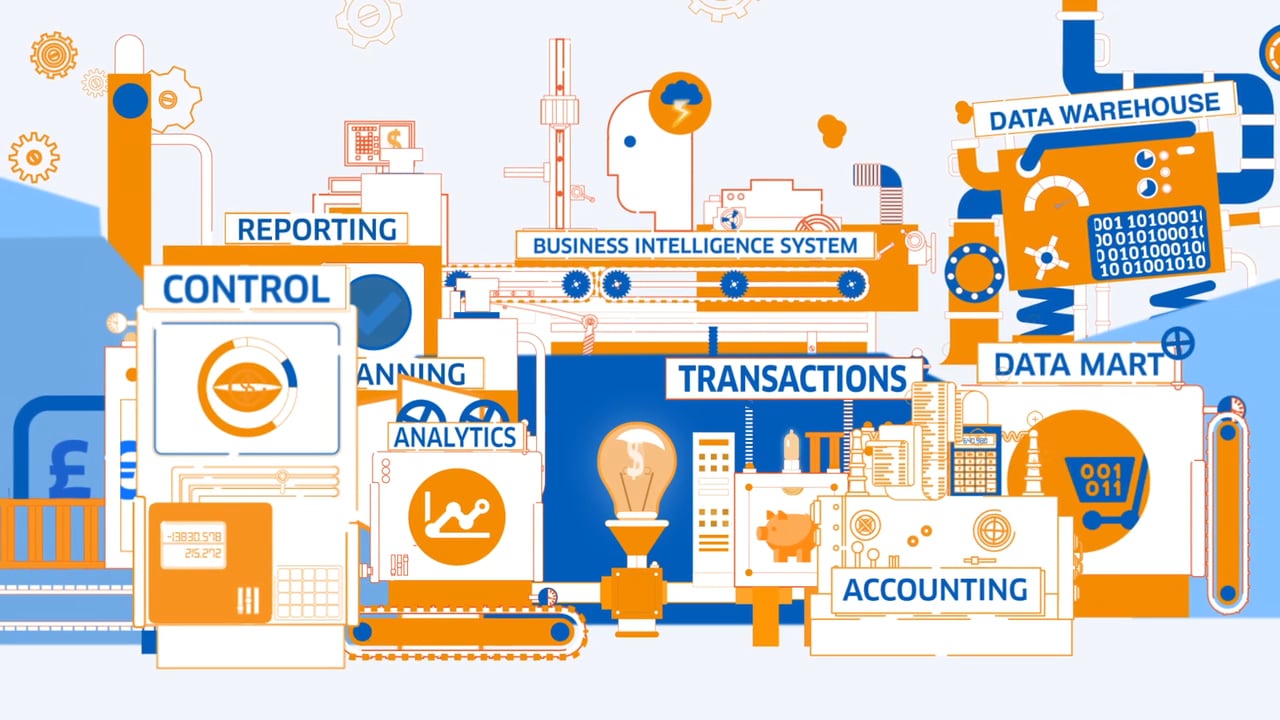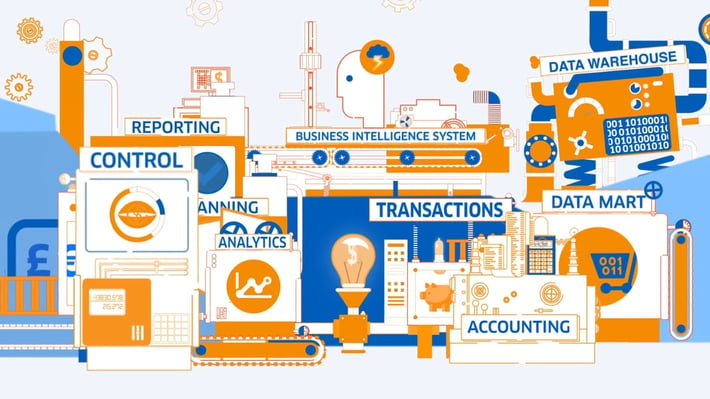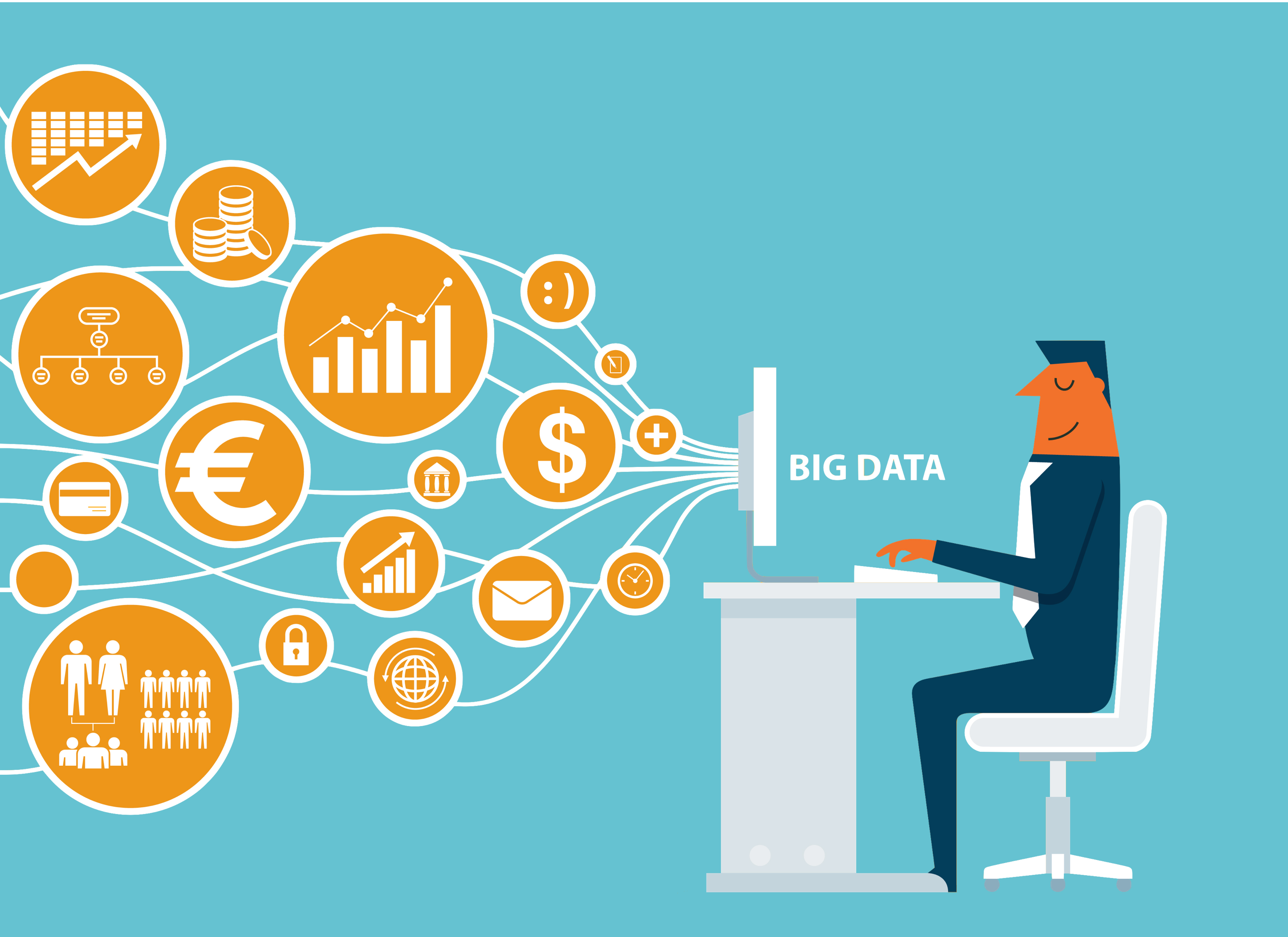3 min read
5 Uses of Business Intelligence to Make Sense out of Big Data
Sales : Oct 24, 2017 12:00:00 AM

What Is Business Intelligence (BI)?

Business intelligence (BI) is the use of software and algorithms to analyze data to generate actionable insights to guide an organization’s strategic and tactical business decisions. BI tools analyze and present data sets in the form of reports, visualizations, tables, graphs and maps to enable users to comprehend the information and draw conclusions.
BI is also called descriptive analytics since it shows only the past or current state. Michael F. Gorman, professor of operations management and decision science at the University of Dayton in Ohio describes the descriptive nature of BI as “It doesn’t tell you what to do; it tells you what was and what is”. The ultimate responsibility of taking actions based on data still lies in the hands of executives.
Read More: What is Business Intelligence? 5 Ways of Achieving It.
Importance and Uses of Business Intelligence:
Business Intelligence provides historical, current, and predictive views of business decisions. This impact can be measured on almost any business function from sales to production to finance. Here are some ways in which business intelligence is used by business:
1. Customer Analysis:

Nowadays, consumers interact with business in multiple ways. There are websites, chatbots, emails, social media, chatbots, calls, direct interaction and many others. This increased number of touchpoints has resulted in data from multiple sources. Business intelligence aims at integrating this data from multiple sources to gain a complete overview of the customer. Low-level data analysis only gives insights into what is happening. Which strategies worked and which did not. Business intelligence goes a step ahead and evaluates possible reasons of why a strategy worked or failed. This helps in establishing cause and effect relationship for more detailed analysis on customer behavior and preferences.
Read More: How Big Data, AI and ML can help improve Customer Experience?
2. Improve operational efficiency:
The current markets are saturated. The internet is overcrowded with content, ideas, experts, products, services - practically everything. Whatever we want is easily accessible to us. In this age of information and products overload nobody needs another “me too” company offering just another “obvious solution”. Business intelligence guides the executives and owners to put their dollars in the right resources and infrastructure. By understanding the market trends business intelligence can propose new business models, techniques, processes and methods. The insights generated can be used to improve the operational efficiency of businesses.
3. Driving revenue:

Business intelligence can help define the exact strategy to drive revenue for your business. It can provide key insights like who your end user is, what influences their buying decisions, where to find them and how to make your pitch. Today the marketplace is flooded with companies pushing information in the hopes of making a sale. Business intelligence is the knowledge of exact data about the behavior of your ideal customer. It gives information like where they consume information, what is going to drive them to conversions etc. With this information, you can create marketing strategies that maximize the revenues and improve ROI of decisions.
4. Gaining competitive advantage:
Basic insights like account statements, google analytics etc. are accessible to all business entities. But these tools and techniques only give limited information about the market, competition, and customers. Also, a majority of traditional data analysis techniques give insights into the data already acquired by the companies. Business intelligence involves looking for secondary data sources, social signals, market trends, etc. to give a competitive edge to organizations.
5. Spotting business problems:
Business intelligence goes beyond the profit and loss statement and balance sheet to give insights into the true health of an organization. Many BI applications can integrate with your accounting software to find out trends that would otherwise remain hidden from the executives. Business intelligence is not limited to tracking KPIs (key performance indicators), it includes forecasting to avoid bottlenecks and time critical decisions like purchasing or hiring. By showcasing data from multiple angles BI can highlight problems that would normally be missed out in traditional analysis techniques.
Self-Service Business Intelligence (SSBI) - The Next Level of BI:
Self-service business intelligence (SSBI) is a new trend in BI where softwares and tools are made comprehensive and simpler than before. The aim is the make business intelligence accessible to everyone including people with limited to no technical or statistical knowledge. It involves simplification of current systems and process to deliver more direct and actionable insights. Tools like Tableau are able to achieve this to some extent. With advancements in machine learning and data analysis, this dream will become more realistic and achievable.
Where Will You Need Specialized Help?
Business intelligence is now accessible to everyone. With the advancement of SSBI, the market penetration of BI will evolve drastically leading to an increase in the number of businesses using this technology. But business intelligence is still descriptive in nature. It will tell you about the present scenario and past activities but it fails to predict the future. Things like market trends and consumer behavior not only depend upon the historical data but also on other metrics like influencer behaviors, disruptive technologies etc. To make complete sense out of business intelligence insights you will need data experts to guide decision making. Additionally, with the current speed of increasing data, it is beyond the capabilities of individual organizations to analyze big data at scale. For this they will need cloud architects and big data tools like Hadoop and SAS which require expert guidance. If you are looking for data scientists to help you make sense out of big data then you are at the right place. With a vivid experience of working on different data analysis tools we at NewGenApps, are capable of providing business intelligence at scale. Contact us today for a free consultation, POC or project.

6 examples of how Big Data can help small businesses
Big data is data sets that are too large or complicated for traditional data processing software to deal with. Amongst other things, big data can be...

Why NLP is the future of Business Intelligence
Whenever you use your Google assistant about the nearest restaurants, a complicated sequence of high-end code is activated. This sequence allows your...



